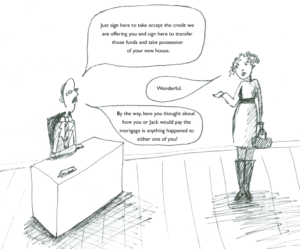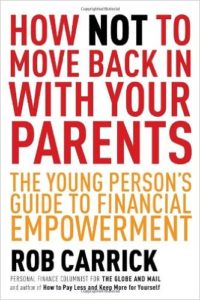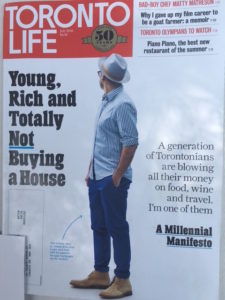
By Chantal Marr, LSM Insurance
Special to the Financial Independence Hub
Sounds great just lying there on paper, doesn’t it?
Really solid.
The underlying concept of mortgage insurance is that if you die or are incapacitated mortgage insurance will pay off the rest of your mortgage. But be careful: Mortgage Insurance is the most dangerous financial product out there.
Mortgage insurance is the one financial product that declines in value as you continue to pay. Therefore each year you are getting less and less value for your premium.
Why Math is Important
Renting vs. Owning
Let’s start with your house. When you take a mortgage out on your house, it’s a very bad deal to start with. You are just paying interest on the value of the house and in most cases the interest far exceeds the cost of renting the same property.
Here’s an example based on a $500,000 20-year mortgage at 6% on a $600,000 house. We’ll assume rent inflation of 4%/year:
Year 2010: Mortgage payment $3,560/month. Rent: $2,500.
You are leaving over $1,000 in your pocket per month in ready money. That’s a lot of restaurants and vacations twelve months a year.
But let’s take it ten years later: Continue Reading…





